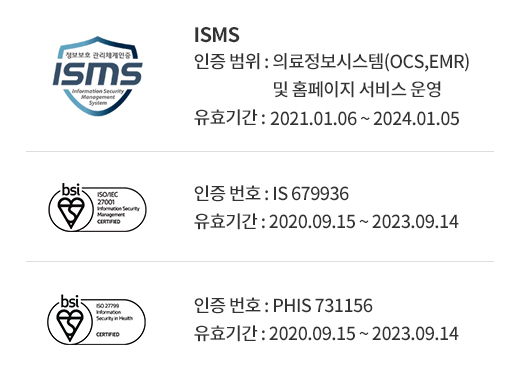-
-

-
Kwon, Oki
Specialty Neuroendovascular Surgery
about appointment
-
-
-

-
Kim, Ki-Jeong
Specialty Degenerative spine disorders, spinal cord tumors, spasticity
about appointment
-
-
-
.png
)
-
Kim, Chae-Yong
Specialty Brain tumor, neuro-oncology, gamma knife radiosurgery
about appointment
-
-
-

-
Bang, JaeSeung
Specialty Cerebral aneurysm, AVM, bypass surgery
about appointment
-
-
-

-
Han, Jung-Ho
Specialty Brain tumor, gamma knife radiosurgery
about appointment
-
-
-

-
Hyun, Seung-Jae
Specialty Scoliosis, Spine Deformity, Spine Tumors
about appointment
-
-
-

-
Ban, SeungPil
Specialty cerebral aneurysm, stroke, endovascular neurosurgery
about appointment
-
-
-

-
Lee, SiUn
Specialty Cerebrovascular surgery
about appointment
-
-
-

-
Hwang, Kihwan
Specialty Brain tumor, Neuro-oncology, Pituitary adenoma, Brain metastasis, Endoscopic skull base surgery
about appointment
-
-
-

-
Kim, YoungDeok
Specialty Intracranial artery aneurysm, Stroke
about appointment
-
-
-

-
Jeong, Han-Gil
Specialty Neurosurgical critical care, Neurological critical care, General critical care, Stroke
about appointment
-
-
-

-
JI, SoYoung
Specialty -
about appointment
-
-
-

-
LEE, JAE-KOO
Specialty Spine,Endoscopic Spine Surgery
about appointment
-
-
-
.png
)
-
LEE, SANGHYO
Specialty Cerebral aneurysm, Moyamoya disease, Ischemic disease
about appointment
-
-
-
.png
)
-
KANG, HO
Specialty Glioma, neuro-oncology, gamma knife radiosurgery
about appointment
-
-
-

-
Kim, Museong
Specialty Hospital medicine, Neurocritical care, Stroke
about appointment
-
-
-
.png
)
-
Kang, Dong-Wan
Specialty Neurocritical care, General critical care, Stroke
about appointment
-
-
-
.png
)
-
SHIM, HWANSEOK
Specialty -
about appointment
-
-
-

-
JEONG, SEONGKYUN
Specialty -
about appointment
-
-
-
.png
)
-
Guk, HyungSeok
Specialty -
about appointment
-






